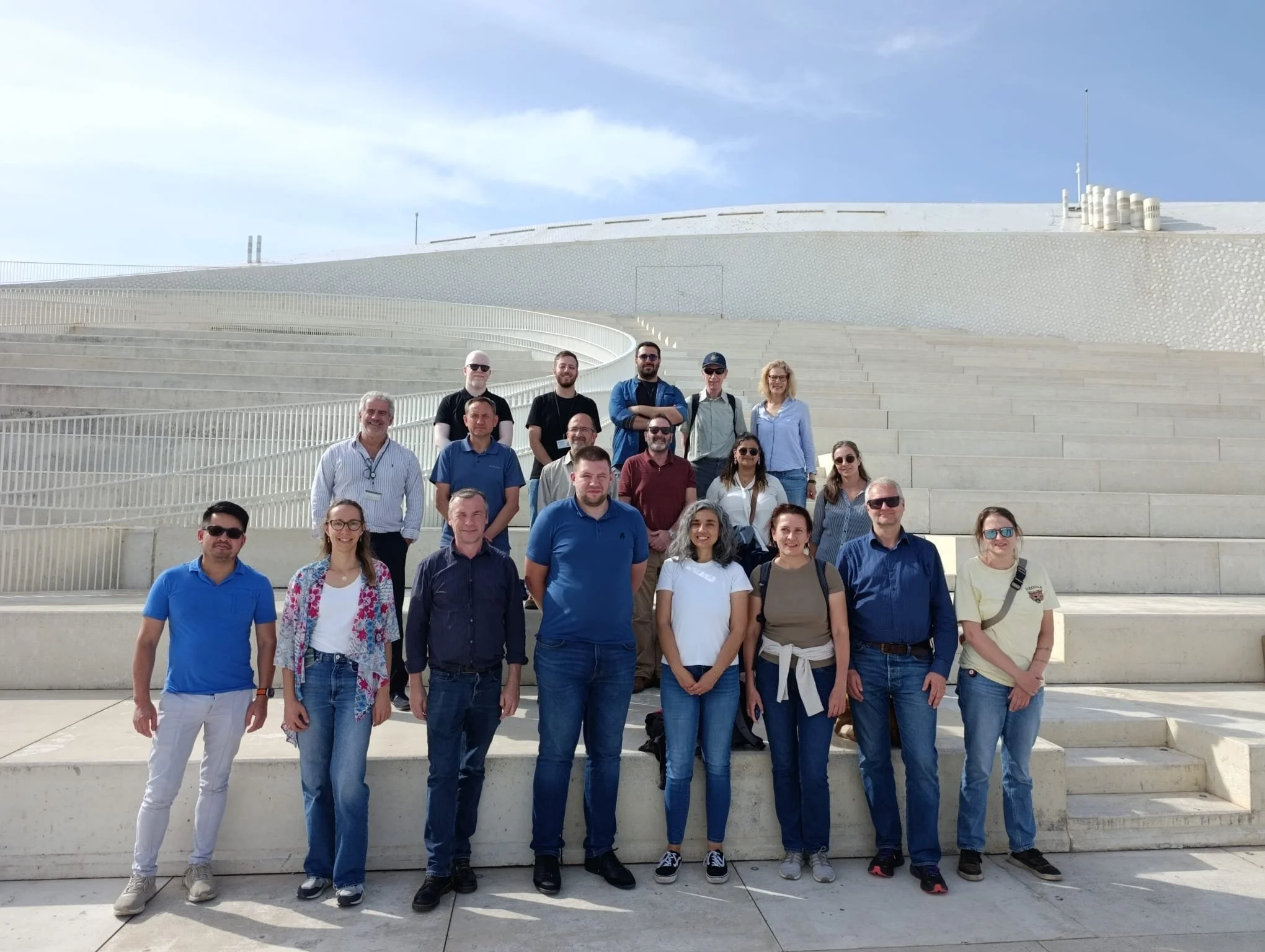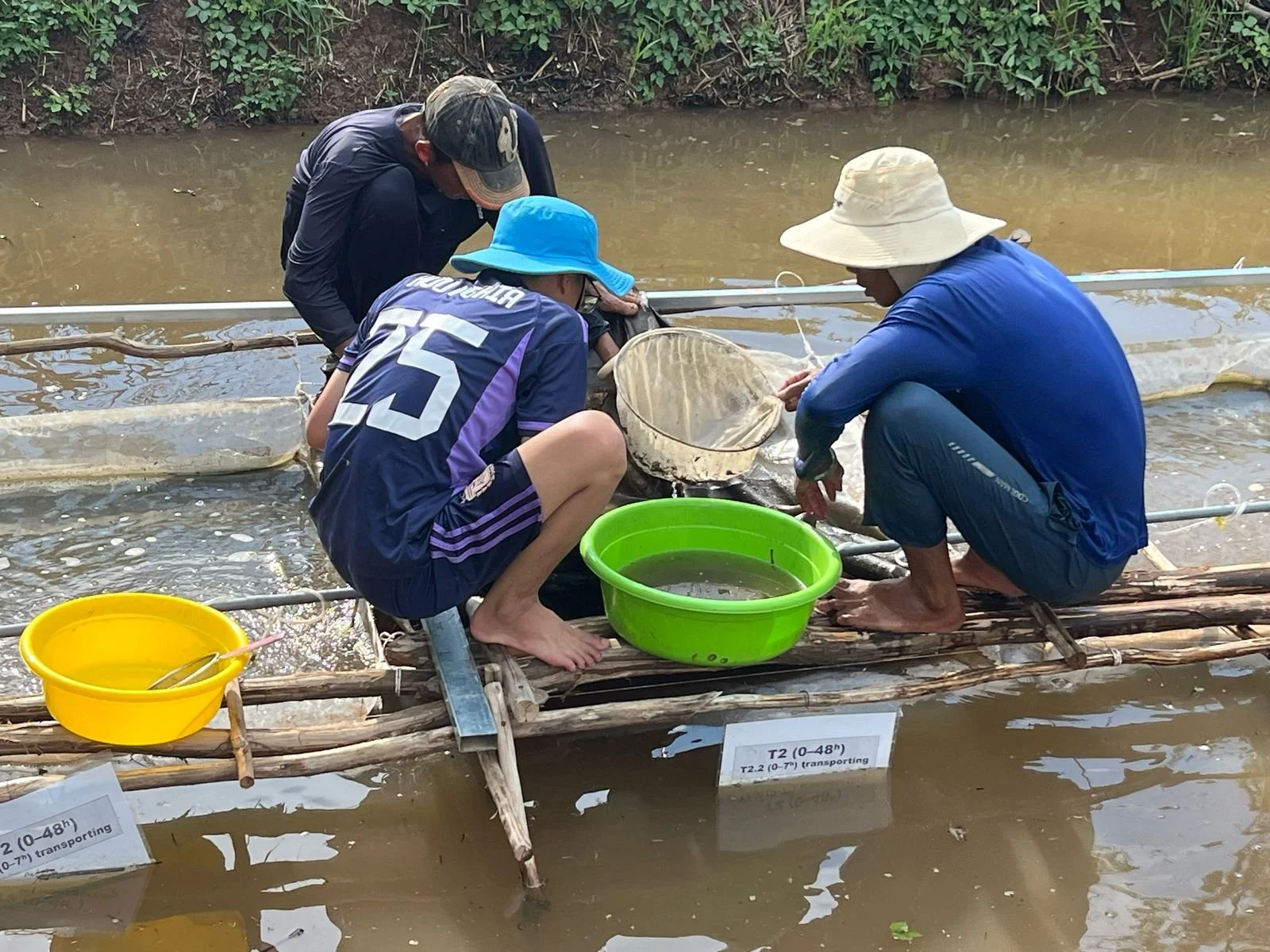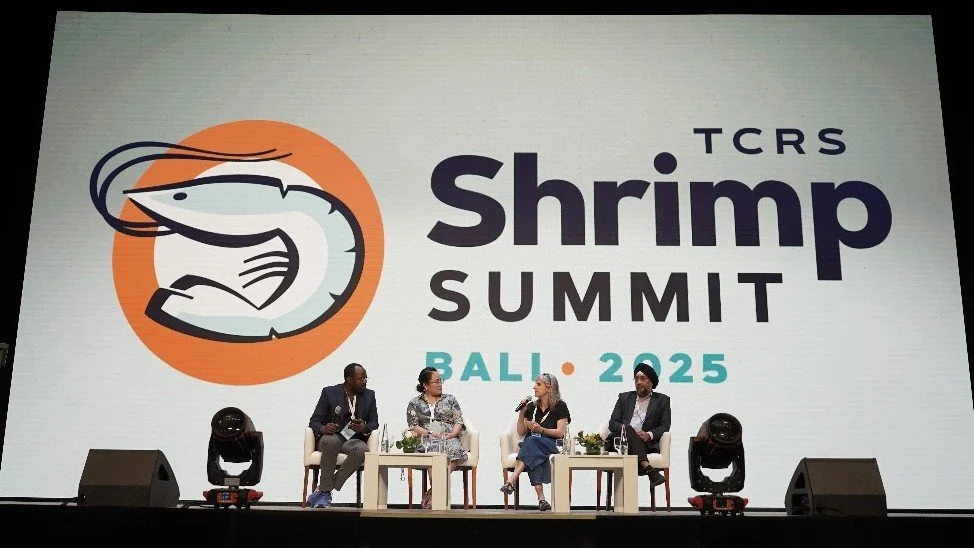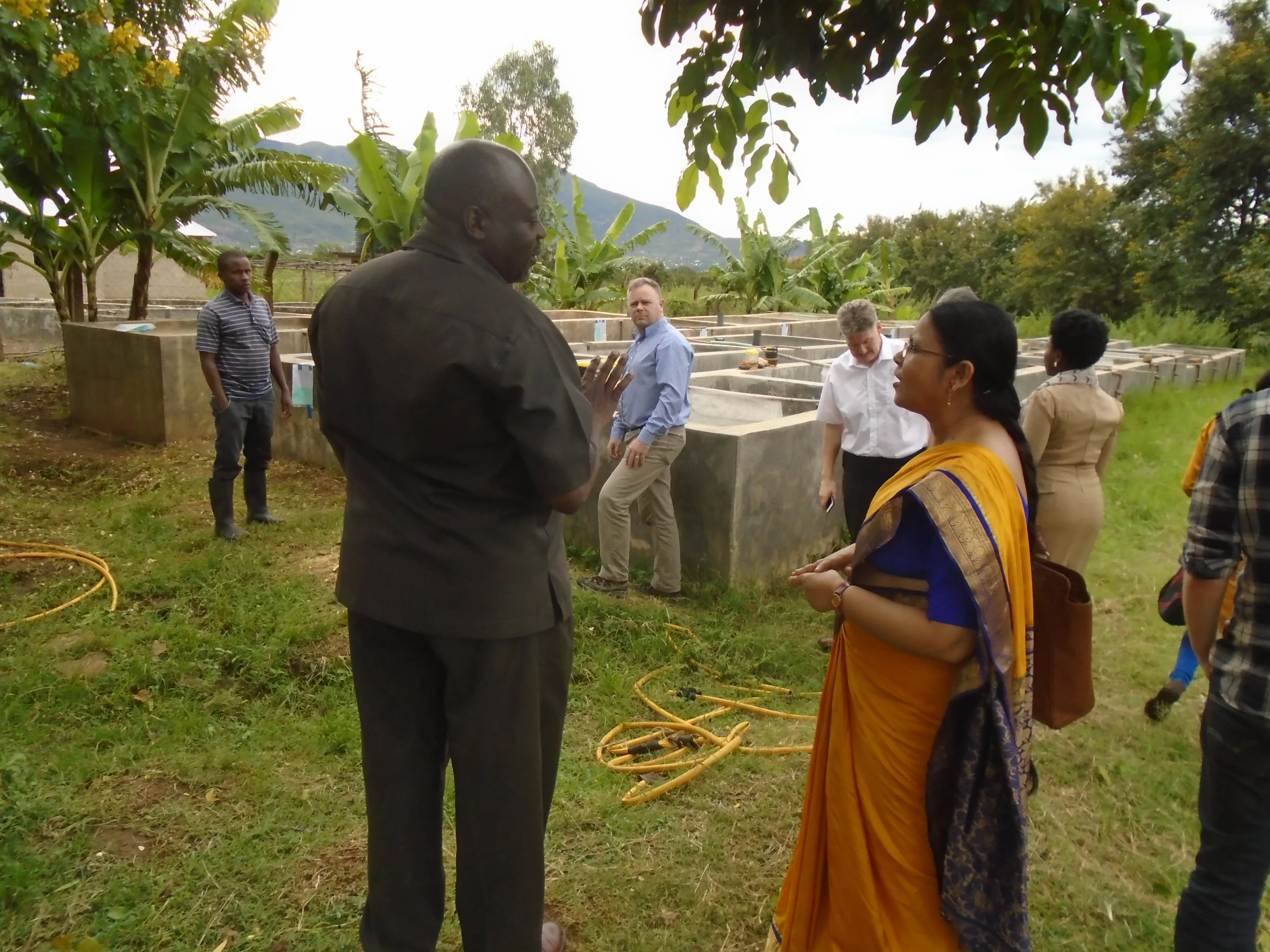Tori Spence-McConnell, Senior Aquaculture Scientist at Monterey Bay Aquarium, visited the Institute of Aquaculture to give a seminar on the Aquarium's 'Seafood Watch' programme to help consumers and businesses make choices for a healthy ocean.
Southeast Asia Fisheries and Aquaculture Initiative launch
Professor Dave Little attended the Southeast Asia Fisheries and Aquaculture Initiative (SAFAI) launch as a part of a newly formed Technical Advisory Committee (TAC) to provide guidance and expertise in support of the initiative. The initiative is led by the Monterey Bay Aquarium and the Carnegie Endowment for International Peace.
Research Week - PechaKucha Presentations
PhD Opportunity with Stirling's Sustainable Aquaculture Group and the WorldFish Center
Sharing our research at the Institute of Aquaculture PhD Conference
Fund yourself to study Aquaculture Systems
Global Aquaculture Advocate Interview
Professor David Little was recently interviewed by James Wright for the Global Aquaculture Advocate website and magazine. The interview considers current trends in aquaculture development and issues such as the attention that is now given to farmed animal welfare and how that is changing practices in both Europe and Asia.
BBSRC funded SNIPH project annual progress and planning meeting in Tanzania
Professor David Little in Thailand for Eurastip project
Professor Dave Little in Thailand for Eurastip project meeting with Dr. Chum-narn Pong-sri, Deputy Director General Dept. of Fisheries of Thailand this week. EURASTiP establishes and develops national and international networks relevant to industry needs and research and development prioritisation, capitalising on existing best practice, training and technology transfer.
Let them eat carp: Fish farms are helping to fight hunger
Our research shows that common perspectives on aquaculture are wildly out of sync with current developments. In fact, the vast majority of farmed fish is consumed in the same developing countries where it is produced, and is widely accessible to poorer consumers in these markets. Most of it comes from a dynamic new class of small- and medium-scale commercial farms, the existence of which is rarely recognized. To understand the potential of aquaculture to feed the world, researchers and consumers need to appreciate how dynamic this industry is.














